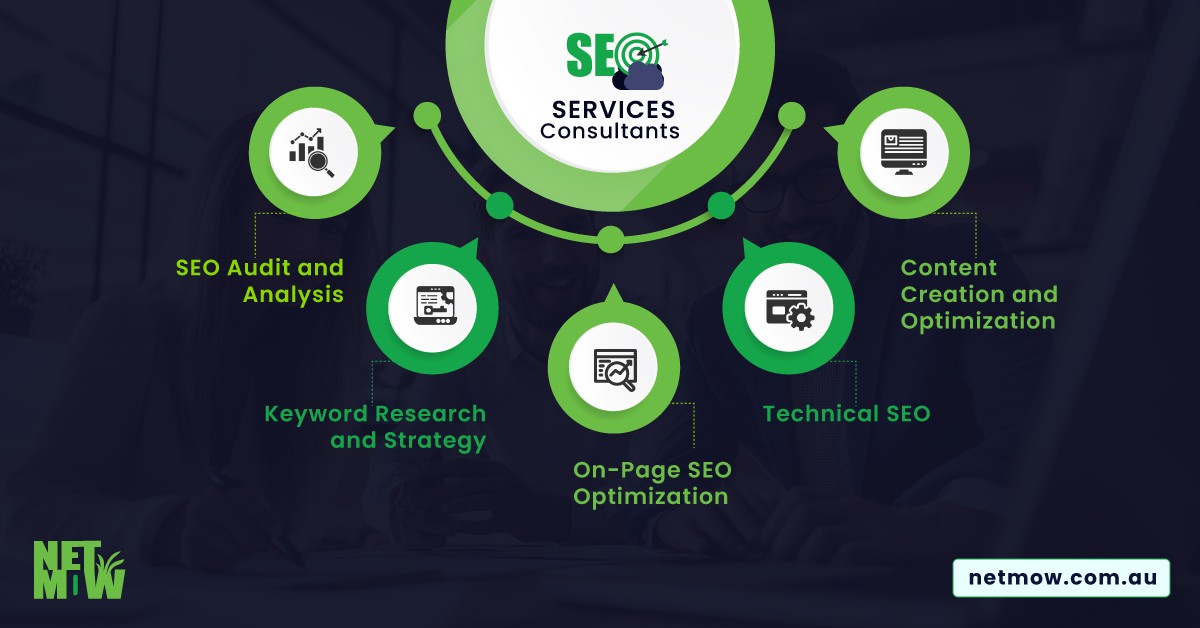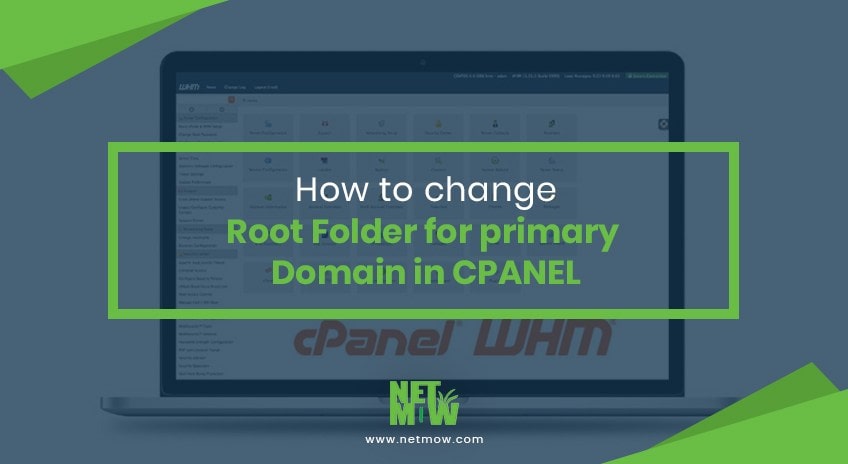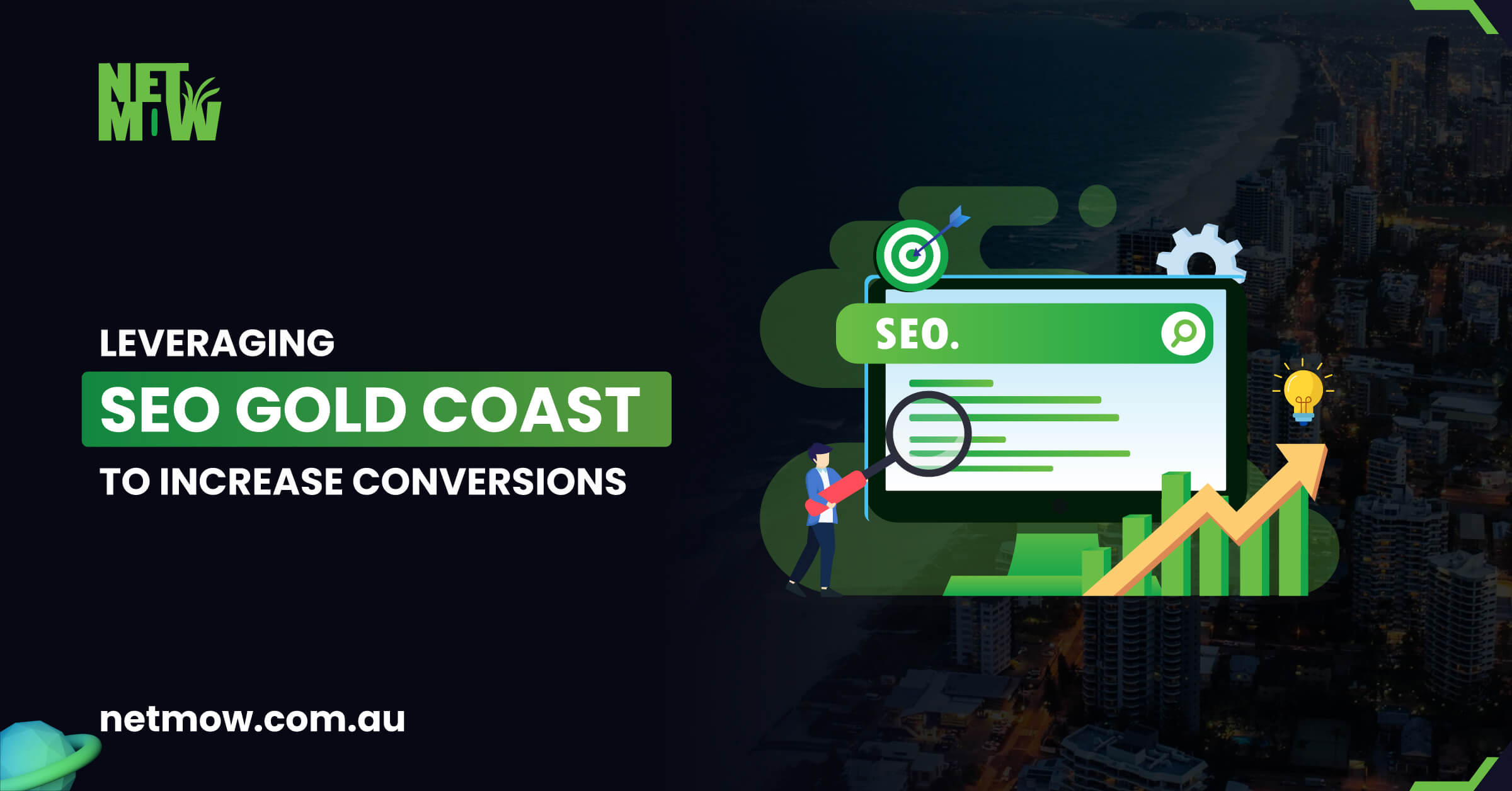
Leveraging SEO Gold Coast to Increase Conversions
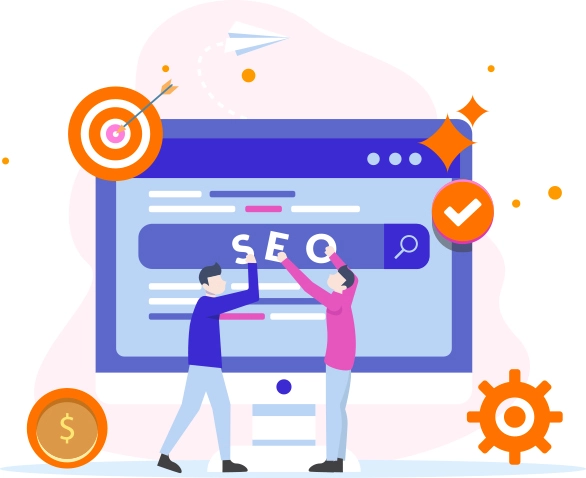 Are you struggling to get more conversions on your website?
Are you struggling to get more conversions on your website?
Do you want to improve your online visibility and attract more targeted traffic to your website?
Look no further than leveraging SEO Gold Coast to increase conversions. In this comprehensive guide, we’ll cover everything you need to know about optimising your website for SEO, driving targeted traffic, and converting that traffic into paying customers. So let’s get started!
Understanding the Basics of SEO:
SEO, or search engine optimization, is the process of optimising your website and content to rank higher on search engine results pages (SERPs). The higher your website ranks, the more likely it is that users will find and click on your website. SEO is an ongoing process that involves several factors, including keyword research, on-page optimization, backlinks, and content creation.
How Can SEO Help Increase Conversions?
SEO can increase conversions by attracting targeted organic traffic to your website. When you optimize your site for relevant keywords and provide high-quality content, it improves your visibility in search results. This means that people who are actively searching for products or services like yours are more likely to find and visit your site.
By delivering valuable information and a positive user experience, SEO helps build trust and credibility with your audience. This can lead to higher engagement, longer time spent on your site, and increased chances of conversions such as making a purchase, filling out a form, or subscribing to your newsletter.
Conducting Keyword Research:
 Keyword research is the process of identifying and analyzing the keywords and phrases that users are using to search for products and services related to your business. By understanding which keywords and phrases are most relevant to your business, you can create content that is optimized for those keywords and phrases, making it more likely that users will find and click on your website.
Keyword research is the process of identifying and analyzing the keywords and phrases that users are using to search for products and services related to your business. By understanding which keywords and phrases are most relevant to your business, you can create content that is optimized for those keywords and phrases, making it more likely that users will find and click on your website.
Why Is Keyword Research Important?
Keyword research is important in SEO as it helps you understand the language and phrases people use when searching for information related to your business. By identifying relevant keywords and incorporating them into your website’s content, meta tags, and URLs, you increase the likelihood of your site appearing in search results for those specific queries.
Effective keyword research enables you to target specific audience segments, understand their search intent, and align your content to meet their needs. It also helps you discover new content ideas and uncover untapped opportunities to drive organic traffic to your site.
Optimising Your Website for On-Page SEO:
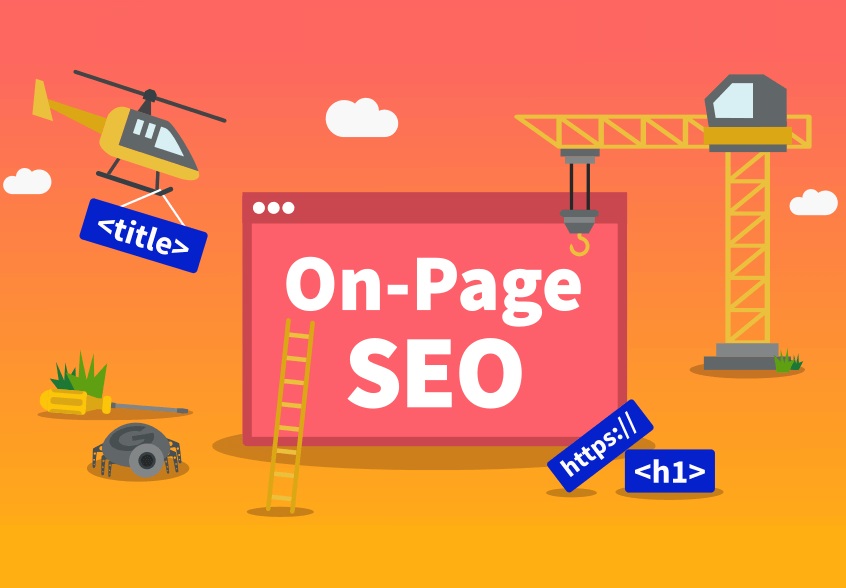 On-page SEO involves optimising the content and structure of your website to make it more accessible and relevant to search engines. Key on-page SEO factors include optimising your website’s title tags, meta descriptions, header tags, and content structure. By optimising these factors, you can make it easier for search engines to understand and index your website, increasing your visibility on SERPs.
On-page SEO involves optimising the content and structure of your website to make it more accessible and relevant to search engines. Key on-page SEO factors include optimising your website’s title tags, meta descriptions, header tags, and content structure. By optimising these factors, you can make it easier for search engines to understand and index your website, increasing your visibility on SERPs.
What Are the Key On-Page SEO Factors to Consider?
Several key on-page SEO factors contribute to improving your website’s visibility and rankings:
- Page titles: Create unique, descriptive, and keyword-rich titles that accurately reflect the content of each page.
- Headings: Use header tags (H1, H2, etc.) to structure your content and make it easier for search engines and users to understand.
- Meta descriptions: Write compelling and concise meta descriptions that summarize the page content and entice users to click on your search result.
- URL structure: Create clean and readable URLs that include relevant keywords and provide a clear hierarchy of your website’s structure.
- Content optimization: Craft high-quality, informative, and engaging content that incorporates relevant keywords naturally. Use proper formatting, images, and multimedia to enhance the user experience.
- Image optimization: Use descriptive file names and alt tags for images to provide context to search engines and improve accessibility.
- Internal linking: Create a logical internal linking structure to help search engines understand the relationships between your webpages and distribute authority throughout your site.
Building High-Quality Backlinks:
 Backlinks are links from other websites to your website. The more high-quality backlinks you have pointing to your website, the more likely it is that search engines will consider your website to be authoritative and relevant. Building high-quality backlinks involves creating valuable and engaging content that other websites will want to link to.
Backlinks are links from other websites to your website. The more high-quality backlinks you have pointing to your website, the more likely it is that search engines will consider your website to be authoritative and relevant. Building high-quality backlinks involves creating valuable and engaging content that other websites will want to link to.
How Do Backlinks Impact SEO?
Backlinks play a significant role in SEO. When other reputable and relevant websites link to your site, it signals to search engines that your content is valuable and trustworthy. Backlinks act as “votes of confidence” and can improve your website’s authority, visibility, and rankings in search results.
However, not all backlinks are created equal. Quality matters more than quantity. Links from authoritative and relevant websites carry more weight and have a greater impact on SEO. Building a diverse and natural backlink profile through outreach, content promotion, and networking can help enhance your website’s SEO performance.
Crafting Engaging and Relevant Content:
What Makes Content Relevant and Engaging?
Relevant and engaging content is crucial for SEO success. Here are key factors that make content effective:
- Relevance: Create content that directly addresses the needs, interests, and search intent of your target audience. Align your content with their queries and provide valuable information or solutions.
- Quality and uniqueness: Produce high-quality content that stands out from competitors. Offer unique insights, research, or perspectives to provide value and differentiate yourself.
- User-friendly format: Make your content easy to read and scan by using headings, bullet points, and formatting. Include relevant images, videos, or infographics to enhance the visual appeal and engagement.
- Readability and clarity: Write in a clear, concise, and understandable manner. Use plain language, avoid jargon, and break complex ideas into digestible chunks.
- Engagement and interactivity: Encourage user engagement by incorporating interactive elements such as polls, quizzes, surveys, or comment sections. Respond to user comments and foster discussions.
- Call-to-action (CTA): Include clear and compelling CTAs to guide users towards desired actions, such as subscribing, sharing, or making a purchase.
Creating engaging and relevant content is essential for attracting and retaining visitors to your website. By creating content that is informative, valuable, and engaging, you can increase the likelihood that users will stay on your website, share your content, and ultimately convert into paying customers.
Analyzing and Measuring Your SEO Success:
 Measuring and analyzing your SEO success is essential for understanding the effectiveness of your SEO efforts and making data-driven decisions to improve your performance. Key metrics to measure include website traffic, bounce rate, click-through rate, and conversion rate.
Measuring and analyzing your SEO success is essential for understanding the effectiveness of your SEO efforts and making data-driven decisions to improve your performance. Key metrics to measure include website traffic, bounce rate, click-through rate, and conversion rate.
What Metrics Should You Measure to Evaluate Your SEO Success?
To evaluate your SEO success, you should measure the following key metrics:
- Organic traffic: Monitor the amount of traffic your website receives from organic search results. Increasing organic traffic indicates improved visibility and rankings.
- Keyword rankings: Track the positions of your target keywords in search results. Higher rankings indicate better SEO performance.
- Click-through rate (CTR): Measure the percentage of users who click on your website’s search result. A higher CTR suggests that your title and meta description are compelling and relevant.
- Bounce rate: Assess the percentage of users who leave your website after viewing only one page. A lower bounce rate indicates better engagement and relevancy of your content.
- Conversion rate: Analyze the percentage of visitors who complete a desired action, such as making a purchase or filling out a form. A higher conversion rate signifies effective SEO and user experience.
- Backlink profile: Monitor the quantity and quality of backlinks pointing to your site. A growing and diverse backlink profile indicates improved authority and SEO performance.
- Page load speed: Measure the time it takes for your web pages to load. Faster load times contribute to better user experience and SEO.
Regularly tracking these metrics and analyzing trends can help you identify areas for improvement, measure the effectiveness of your SEO strategies, and make data-driven decisions to enhance your website’s performance.
Frequently Asked Questions:
Q: How long does it take to see results from SEO?
A: SEO is an ongoing process that takes time and effort to see results. Typically, it takes anywhere from 3-6 months to see noticeable improvements in your website’s rankings and traffic.
Q: How do I choose the right keywords for my business?
A: Conducting keyword research is the best way to identify the keywords and phrases that are most relevant to your business. Use keyword research tools to identify high-volume, low-competition keywords that align with your business goals and target audience.
Q: What are some effective strategies for building high-quality backlinks?
A: Some effective strategies for building high-quality backlinks include creating valuable and informative content, guest posting on other relevant websites, reaching out to influencers in your industry, and leveraging social media to promote your content.
Q: What metrics should I focus on to measure my SEO success?
A: Key metrics to focus on include website traffic, bounce rate, click-through rate, conversion rate, and keyword rankings. By analyzing these metrics, you can identify areas for improvement and optimize your SEO strategy accordingly.
Leveraging SEO Gold Coast to increase conversions is a powerful strategy for boosting your online visibility, attracting targeted traffic, and converting that traffic into paying customers. By understanding the basics of SEO, conducting keyword research, optimising your website for on-page SEO, building high-quality backlinks, crafting engaging content, and measuring your SEO success, you can create a comprehensive SEO strategy that drives results for your business. So don’t wait – start leveraging SEO Gold Coast today and watch your conversions soar!
You May Also Like To Learn More About SEO:
- Achieving Long Lasting Results with SEO Gold Coast: Search Engine Optimization That Works.
- The Ultimate Guide To SEO Gold Coast: Getting Ahead of the Curve.
- Unveiling the Potential of SEO Gold Coast: Unlocking the Hidden Benefits.
- Local SEO Gold Coast – Attract More Local Customers.
- Maximizing Local Visibility: A Comprehensive Guide to Local SEO Gold Coast.
NETMOW – Gold Coast SEO Agency
NETMOW is the premier in Gold Coast SEO agency dedicated to helping many firms grow their business. Visit our Gold Coast SEO page to learn more about the Search Engine Optimization and how we can help you optimize your website for SEO and increase your online visibility. Contact Us today to get started!
Stay Connected With NETMOW
Stay connected with NETMOW for the latest news and updates about SEO. Follow us on social media (Facebook, Linkedin, others are at footer) to get tips and strategies to help optimize your law firm‘s website for SEO and grow your business.
We value your opinion! If you have had a positive experience with our services, please take a moment to leave us a Review On Google Maps. Your feedback is greatly appreciated!
Related Article
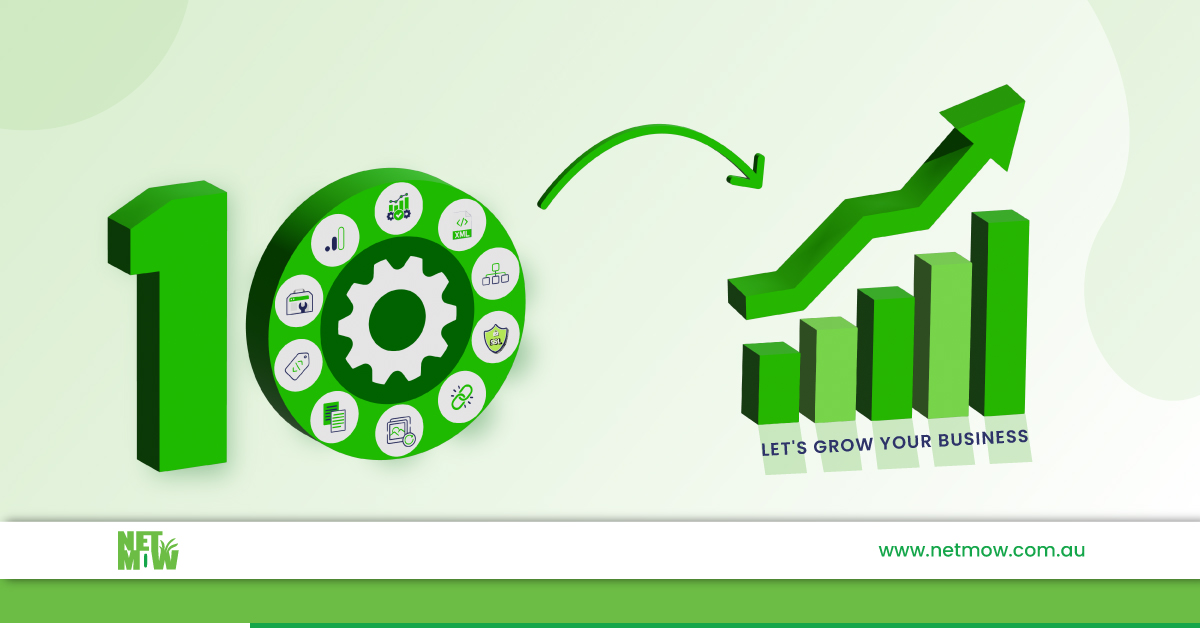
10 Reasons Why Technical SEO Services Are Vital for Online Success
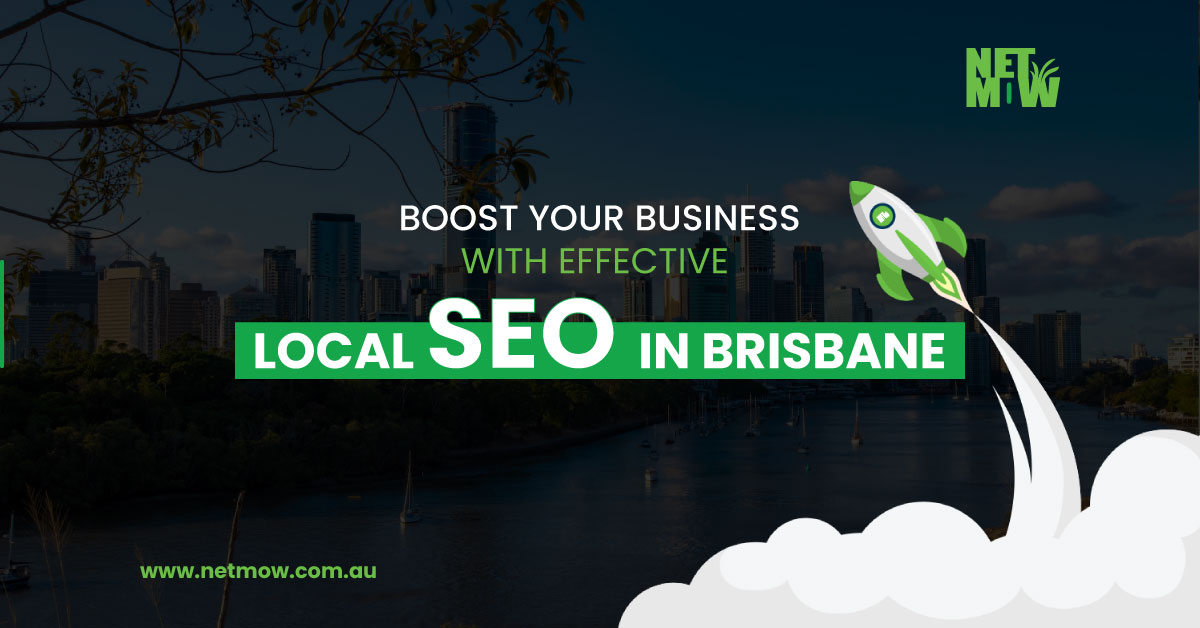
Boost Your Business with Effective Local SEO Brisbane

How To use Elementor ? install, settings, page create, save,

